QUEST Methodology Explained
Poorly performing or even failing systems in commercial buildings are a massive risk for investments in sustainable buildings. While anecdotal evidence is widely published, and a few studies have shown the magnitude and likelihood of individual faults, financial actors often still have difficulties to statistically evaluate the technical risks involved in specific construction and real estate investments. In this context, the term “technical risk” refers to technical building services like heating or ventilation. Malfunction or failure of these technical systems negatively impact building performance, increase CO2-emissions and thus become a risk for real estate investments.
The objective of QUEST is to gather scientific empirical data to verify that there is a significant technical risk in modern buildings and that well defined quality management services (QMS) can effectively mitigate these deficits, help to improve building performance and reduce investment risks related to the building performance. Due to the complexity of this issue, existing data on building performance and the impact of QMS is scarce so that the value add of QMS is not yet widely understood and used in real estate projects.
The “QUEST” consortium, consisting of financial stakeholders, academic, engineering and certification expert was created to solve this problem. The consortium used independent research and empiric data to create statistical algorithms that predicts the cost and risk impacts of QMS on the value of real estate assets. These algorithms have been packaged in the “QUEST Predictive Valuation Tool” to predict the cost and value-add of QMS for specific construction and real estate investment projects.

Quality Management Services
Quality management is of course already a part of any building. Construction statics are engineered and cross-checked, concepts for fire protection need to be defined in early design stages and should be tested before handover and every elevator is frequently inspected. Usually, these tests are carried out by a third party using well-defined testing procedures by technical experts for the specific field. But they have a limited scope and do not cover for example the performance of heating or cooling systems in operation, the maintainability of HVAC systems or the indoor environmental quality. Mandatory regular inspections of HVAC systems introduced by the former Energy Performance of Buildings Directive (EPBD) in 2010 have not been successfully implemented yet to a significant extend. A report on the German market found that of all ventilation and air conditioning systems that needed to be inspected, in 2015 only about 10% actually had undergone an inspection. Building performance as such is not yet covered by effective quality management processes. In fact, third-party testing is often only applied in the relatively limited number of buildings undergoing a certification process for sustainability, e.g. DGNB, HQE, BREEAM or LEED; of these processes it is only LEED that requires the Commissioning Process done by an independent third party, and the sustainability certification itself is usually done by the design firm. They give credits for the application of certain quality management procedures and have proven their effectiveness.
In order to help financial stakeholders to manage quality risks, QUEST has identified three Quality Management Services that help reduce risk exposure on building projects related to new constructions and major renovations.
Technical Monitoring applies procedures to compare measured values from building operation versus design target values providing a transparent result to the owner. It is undertaken by experts who does most of their work digitally.
Building Commissioning is a quality-focused process for enhancing the delivery of a building project. The process focuses on verifying and documenting that all commissioned systems are planned, designed, installed, tested, operated, and maintained to meet the Owners Project Requirements. It is undertaken by a skilled expert verifying the building project from planning and design through construction to operation.
Green Buildings Certification verifies environmental and social aspects of the building projects and their ecosystem. International certificates s are available as well as national certificates for particular markets.
To ensure that the services are well-defined and reliably applied, QUEST has focused on third-party certified QMS only. QUEST developed a tool to predict value-add generated by these Quality Management Services for different project profiles and a process to continuously gather data to create and successively improve a trusted data base on their impact and improve value-add prediction.
To de-risk investments into the sustainability of buildings, QUEST proposes two solutions: the QUEST tool to forecast the value add of cost, savings and additional income of a building project – and the QUEST data engine to gather data on building performance and the impact of quality management.
Read more in our deliverable 4.2 about the "QUEST Methodology Explained"

